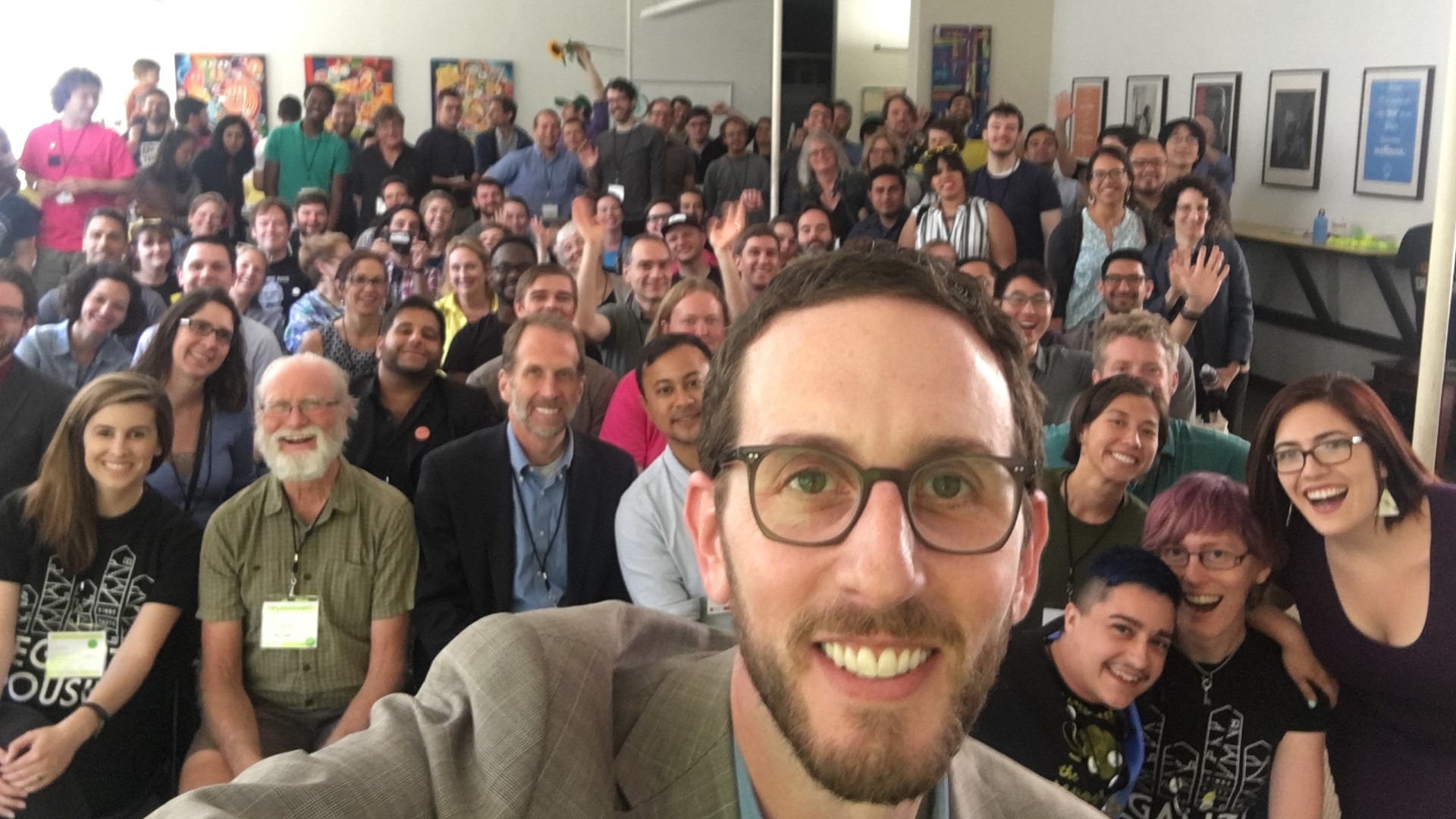California’s massive housing crisis needs radical solutions. Radical solutions come with massive opposition.
That’s why few were surprised that Senators Scott Wiener (D-San Francisco) and Nancy Skinner's (D-Berkeley) SB-827 bill, seeking to maximize housing near transit died in committee last week.
But how soon it failed shows just how tough pro-housing advocates have it before reaching their purported goals of decreasing rents in the state’s most populated cities by increasing the supply of new housing.
Senator Wiener’s Transit-Rich Housing Bill, SB-827 attempted to streamline construction along existing public transit, by preempting some local zoning. Housing advocates claimed the bill would have benefited people working or looking for work in cities with high jobs-to-housing ratios, like San Francisco.
They also predicted a positive environmental effect, as it incentivized the use of public transportation. The bill was supported by environmental groups including, Natural Resources Defense Council (NRDC), Climate Resolve, and Environment California, as well as non-profit developers like Habitat for Humanity and The Voice of Affordable Housing. Still, opposition ranged from the California Sierra Club to the editorial board of the LA Times, which called the bill a “hostile takeover of local zoning” that “went too far.”
The bill’s fiercest advocates, California YIMBY (Yes-In-My-Backyard) Party members, promoted that SB-827 would “make your rent cheaper” by as much as $266 per month for a median home in San Francisco. What that means for Sacramento is fewer Bay Area transplants driving up our rents.
Louis Mirante, California YIMBY legislative director and the face of the movement in Sacramento, said, “the bill would have allowed for more housing around transit, housing up to four or five stories in areas in cities have already designated for housing, but not dense housing.”
He debated the idea that the bill would snatch power from local government arguing “local governments could still decide where housing goes but they couldn't limit the height of the housing.” He and other activists are not expressing defeat since SB-827 “started a national conversation about housing about where to put (housing) and about what the role of local government is.”
“We're never going to convince local governments that this is the right solution,” Mirante acknowledged.
However, he celebrated that the bill is putting pressure where pressure is due, like East Sacramento, which is notoriously zoned almost exclusively for single-family homes.
"The bill has already encouraged Sacramento to start thinking more strategically about its housing,” Mirante said.
We might see more student housing built on the corridor to Sacramento State as well as more housing for downtown employees.
Last year, Senator Wiener's SB-35, also challenged local control, by streamlining the process of building affordable housing that complies with local zoning. SB-35 passed, along with multiple housing bills. And there are others to come in the near future, including a proposed reform to the state's Regional Housing Need Allocation (RHNA) calculations and a push to increase housing supply for farm workers.
“We have to make room, I think, for all the people who want to live here if we're going to ever achieve California that's affordable for everyone," Mirante said.
The problem is convincing existing Californians, especially politically powerful home-owners to allow it. But what pro-housing advocates suggest is, the California Dream is not only theirs, so they don't get to have the last and only word.
Continue the conversation on Facebook with Lilia.

